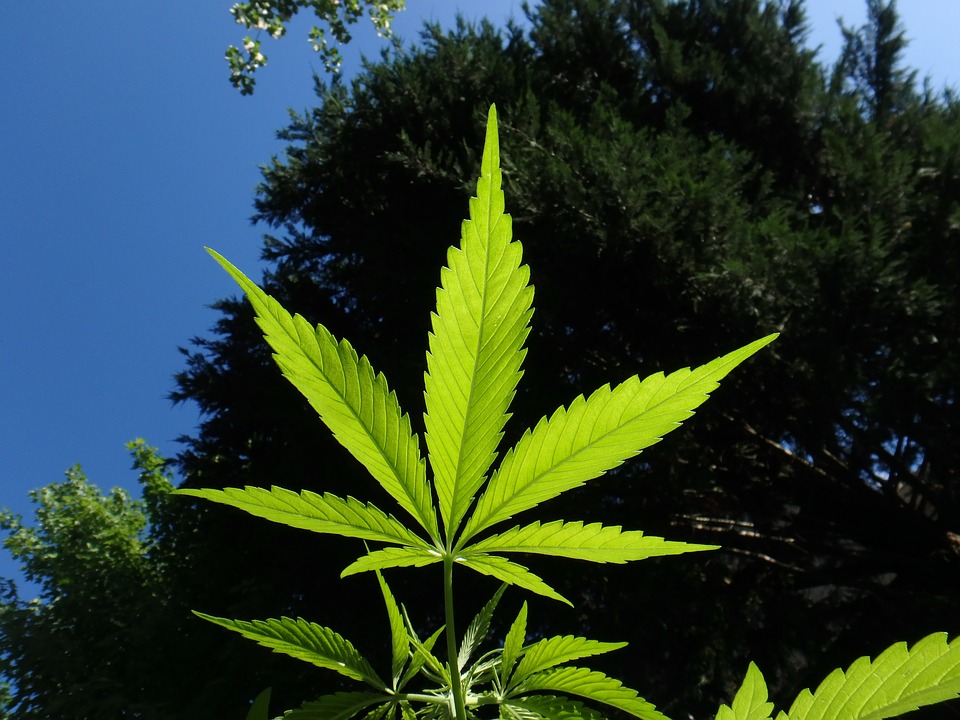Attention Deficit Hyperactivity Disorder (ADHD) is one of the most common childhood neurodevelopmental disorders that also affects a significant portion (1-6%) of the adult population
Various studies have reported a significant amount of patients that claim administration of cannabis/cannabinoids alleviates or mitigates their ADHD symptoms.
A new 2017 study in 30 patients showed encouraging results in the use of Sativex, a 1:1 CBD:THC ratio, whole plant cannabis based formulation, for the treatment of ADHD. However, patients with ADHD are also at a higher risk for concomitant drug abuse, a comorbidity prevalent in an overwhelming percentage of patients.
While stimulant medications like Adderall and Ritalin are mainstay treatments prescribed by physicians in the treatment of ADHD, patients “self medicating” with cannabis have widely reported an improvement in their symptoms, as per anecdotal reports found online.
The mechanism for cannabinoids in the pathology of ADHD is still largely unknown, however, it is thought to be related to enhanced dopaminergic transmission. This enhanced dopamine activity is the reason stimulants are considered the “gold standard” for pharmacotreatment of ADHD. Physicians, however, are sometimes reluctant to prescribe such psychotropic drugs to a population of patients commonly presenting with a comorbidity for substance abuse.
The use of cannabis in the treatment of Attention Deficit Hyperactivity Disorder, a condition with a multifaceted, complex pathology that is compounded by the comorbidity of substance abuse, is complicated to say the least. However, emerging data most certainly warrants further investigation into cannabinoids as a potential treatment.
[Image credit: Pixabay]








